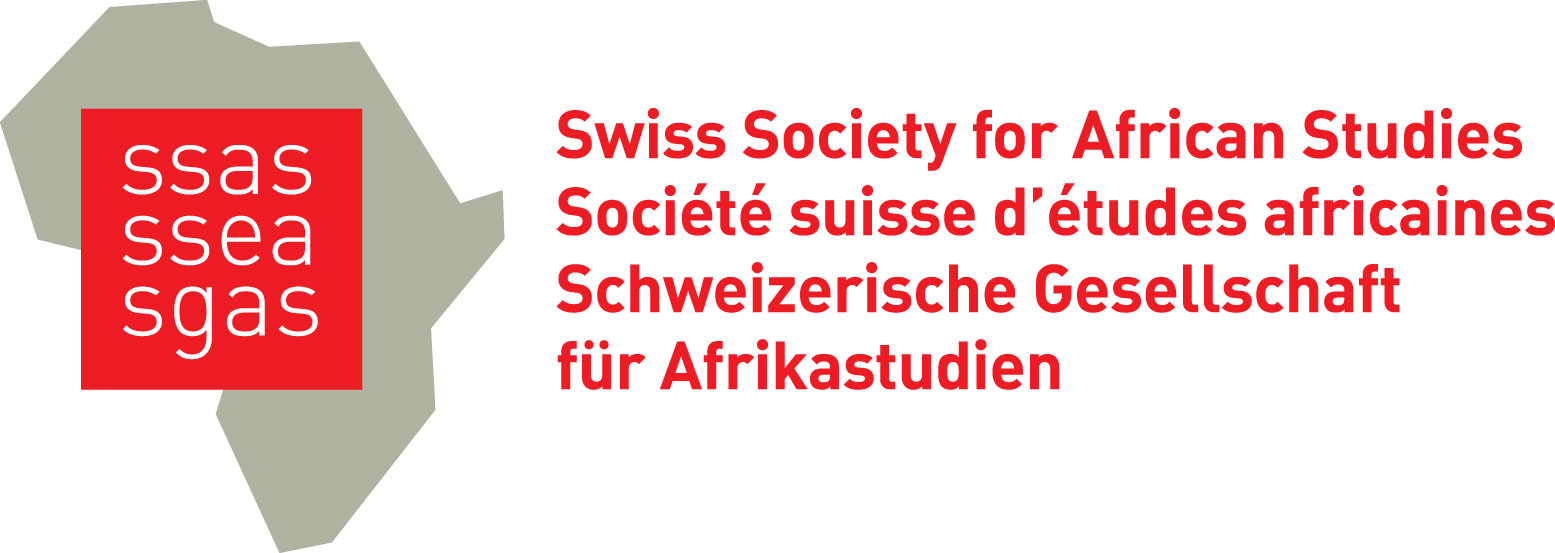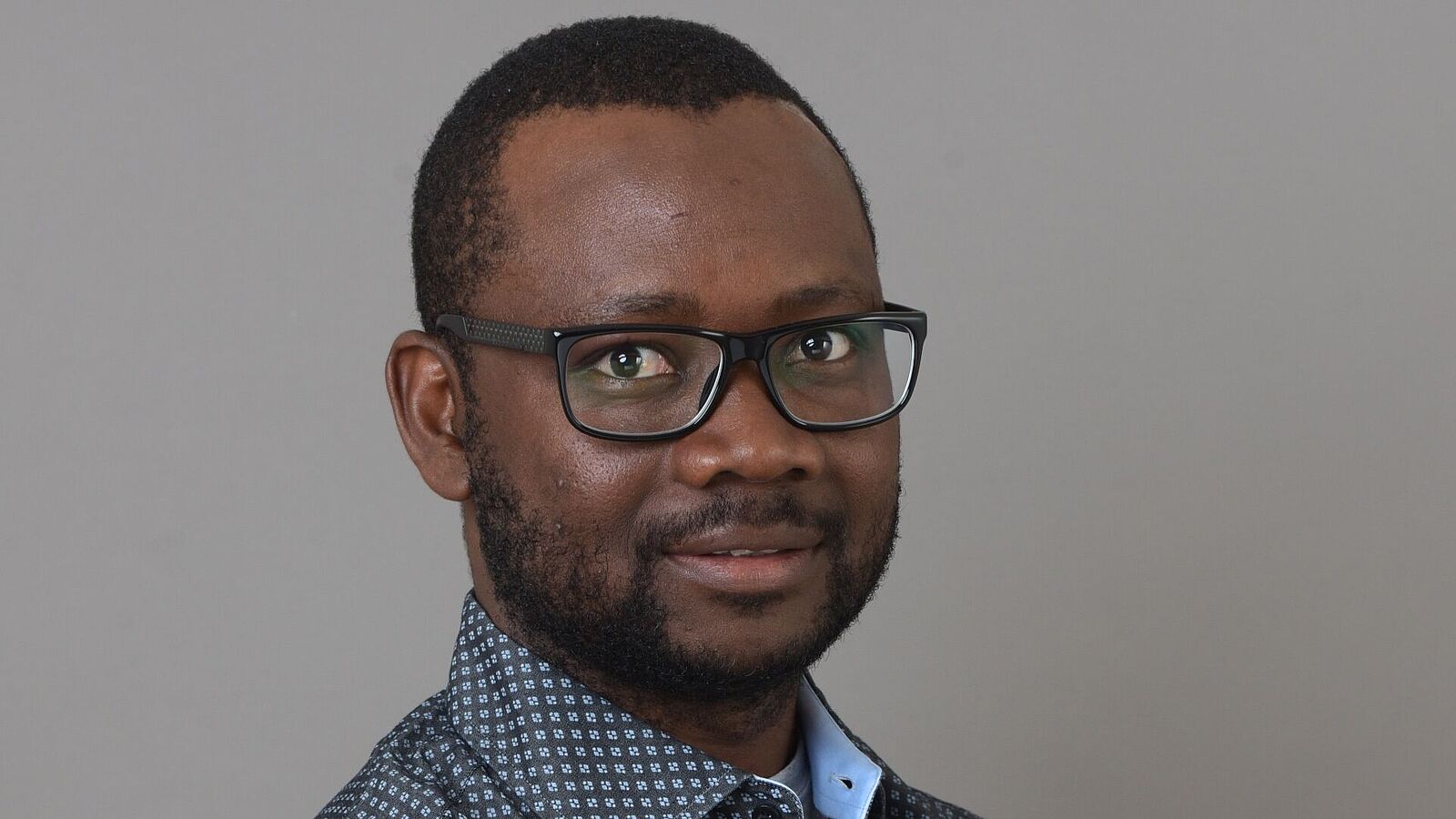Multilingualism and Governance in Sub-Saharan Africa as Key to Sustainability?
A Case Study from Dioro (southern Mali): Inclusive Communication and Local Medical Care System
In the wake of democratization in Mali started a process of decentralization aiming to guarantee more sustainability in the construction of young democratic institutions and “give the Malian heartland its soul back” as argued in the narratives of leading political elite. Functioning according to a pyramidal top-down and bottom-up power system, this process focuses on a basic inclusion of local populations (LP) in the mechanisms of democratization and governance (MDG). For this purpose, over 703 decentralized rural communities (DRC) such as Dioro have been instituted since 1996 in the country. This inclusion implies interactions at macro, micro and meso levels in different fields of communication, such as in the medical care system (MCS) between actors as witnessed in the rural community (RC) of Dioro. Therefore, the concept of inclusive communication (IC) builds up the core of this interaction. In this context, communication means the use of multilingual settings as inherent to the Malian context in the spheres of policy, politics and polity. It also signifies that the interplay between the official language French and national languages – Bambara, Songhay, Fulfulde, Bozo, Dogon, Malinke, etc.– and their respective linguistic communities (LC) underlies their participation in the dynamics of social, cultural, political as well as financial decision-making.
Drawing on the preliminary review of an ongoing research project, this lecture focuses on issues of inclusive communication (IC) regarding multilingualism, governance and sustainability (MGS). It pays particular attention to the context of community medical care (CMC). It questions the nature of the relations between new institutions, namely decentralized rural communities (DRC), technical and financial partners (TFP), the Malian government (MG), and the local populations (LP).
This lecture aims not only to give an overview of my ongoing project and focus on the topic of inclusive communication (IC) in issues of multilingualism, governance, and sustainability (MGS) in Dioro, but also to show more interest in mechanisms of communication in the context of medical care (MC) in this community. It questions the relations between new institutions known as “spaces of negotiation” (Felix 1996) – decentralized rural communities –, the government of Mali (GM), and the local populations. What are then the mechanisms of communication, procedures between involved actors from civil society, representatives as well as mediators or facilitators, partners and institutions? How do multilingual settings interrelate with the communicative modus operandi in this process? Subsequently this conceptual framework relies on Bearth’s (2013) model of language-based sustainable approaches, but also emphasizes specificities of inclusive communication in an African rural context.

